Condo Association Claims: A Complete Guide for Boards Handling Property Damage
.svg)
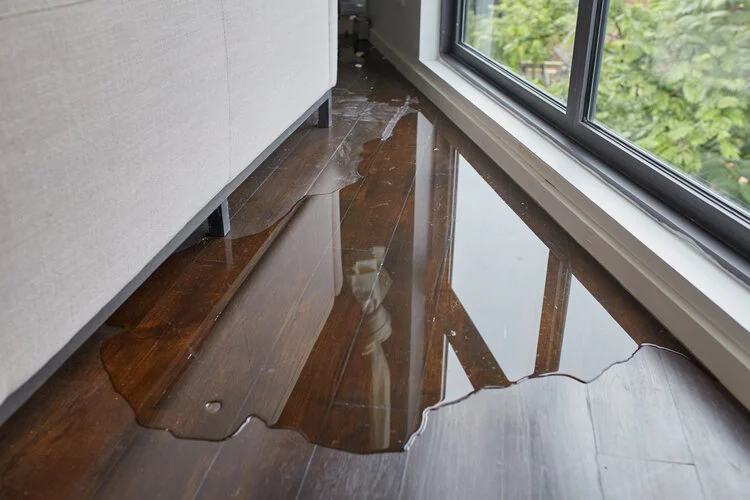
Why Condo Association Claims Are More Complicated Than Standard Property Damage Claims
When a condominium building suffers damage—whether from water intrusion, fire, storms, plumbing failures, or structural issues—the insurance claim process becomes significantly more complex than a typical single-family home claim. Instead of one owner managing the loss, multiple parties become involved: the association board, unit owners, property managers, maintenance teams, and in many cases, legal advisors. This creates a multilayered decision-making structure, where responsibility becomes blurred and timelines become challenging to manage.
Insurance companies understand this complexity, and they often use it to their advantage. Condo association claims must address shared elements such as roofing, hallways, elevators, exterior walls, plumbing lines, foundations, and mechanical systems—areas that are high-cost and difficult to evaluate without expert assessment. Insurers frequently minimize responsibility by shifting blame onto individual unit owners or by interpreting bylaws in the narrowest way possible.
This is why condo associations often struggle with claims on their own. Adjusters assigned by the carrier look for ways to separate the loss into smaller pieces or categorize sections of damage as unrelated. Associations then face the burden of proving the full extent of the damage, justifying repair costs, and demonstrating why insurance coverage applies.
Additionally, after any significant event, board members face pressure from residents who want immediate answers. They must coordinate emergency mitigation, communicate transparently, and manage expectations—all while balancing financial responsibility and legal obligations. Without expert guidance, even the best-intentioned board can make mistakes that delay the claim or reduce the payout.
The Importance of Strong Documentation in Condo Association Claims
A successful condo association claim begins with evidence. Because the damage often affects multiple units or building-wide systems, documentation must be comprehensive, detailed, and professionally organized. Anything less creates openings for insurers to dispute or minimize losses.
Professionals who specialize in condo association claims begin with a full building assessment—not just the visibly damaged areas. They examine roof systems, structural framing, shared plumbing lines, electrical rooms, HVAC components, and common areas. This is crucial because many forms of damage begin behind walls, above ceilings, or below flooring before they become visible to residents. Hidden moisture, structural weakening, or electrical hazards can significantly impact safety and long-term repair costs.
Expert documentation typically includes:
• Detailed photos and videos of every affected area
• Moisture readings, structural evaluations, and engineering reports
• Evidence of how the event originated and how it spread
• Comprehensive repair estimates aligned with association codes and standards
• Documentation that clearly identifies association vs. owner responsibility
The more thorough the documentation, the harder it becomes for insurers to deny or minimize the claim. Professional representation ensures that nothing is overlooked—especially high-cost repairs that associations cannot afford to miss.
How Condo Association Claims Become Disputed — and Why Expert Guidance Protects You
Insurance carriers frequently dispute condo association claims because the stakes are higher. Restoring a building’s shared systems often requires tens or hundreds of thousands of dollars in repairs. To limit costs, insurers try several common strategies:
They argue that damage is “maintenance-related,” not sudden
They attempt to classify parts of the loss as the responsibility of individual owners
They downgrade repair estimates to partial fixes instead of full replacements
They question the scope of mitigation and drying efforts
They challenge engineering reports or request multiple inspections to delay payouts
They misapply deductible rules to shift costs back onto the association
These tactics slow the process and pressure associations into accepting lower payouts. For boards already dealing with resident concerns, mitigation coordination, and budget constraints, this becomes overwhelming.
Expert claim help eliminates that imbalance. A professional advocate:
• Interprets policy language correctly
• Ensures bylaws and declarations are applied fairly
• Responds to insurer pushback with evidence-based reasoning
• Demonstrates how the claim meets coverage requirements
• Negotiates using industry standards and building codes
• Protects the association from underpayment
This partnership ensures that the board is not forced to defend the claim alone, especially against seasoned insurance professionals trained to minimize losses.
How Professional Claim Support Strengthens Condo Association Claims
When a specialist manages a condo association claim, their focus is on accuracy, transparency, and maximizing coverage. They serve as the board’s representative, coordinating assessments, organizing evidence, handling communication, and presenting a structured claim package that insurers must respond to.
Professionals also ensure that all aspects of the claim are addressed—something that boards and property managers often struggle with due to time constraints. This includes verifying that mitigation companies follow proper protocols, ensuring that temporary repairs are documented, and confirming that contractor estimates reflect local pricing and code upgrades.
Most importantly, claim experts protect the association from costly mistakes. For example:
• Underreporting structural or moisture damage
• Accepting inadequate patchwork instead of full repairs
• Misinterpreting bylaw responsibilities
• Allowing insurers to undervalue shared systems
• Failing to include code-required upgrades in estimates
Correcting these errors later can take months or even years—and may cost the association far more than necessary.
Conclusion
Condo association claims involve complex documentation requirements, multilayered responsibilities, and high repair costs that insurers frequently attempt to minimize. Without expert assistance, boards often face delays, disputes, and settlements far below what is needed to restore the property.
Professional claim support gives condo associations a strategic advantage. From accurate inspections and policy interpretation to negotiation and final settlement, experts ensure that the claim reflects the true scope of the damage and the full rights of the association. With experienced guidance, boards can protect their residents, their property, and their financial stability—while navigating the insurance process with confidence and clarity.



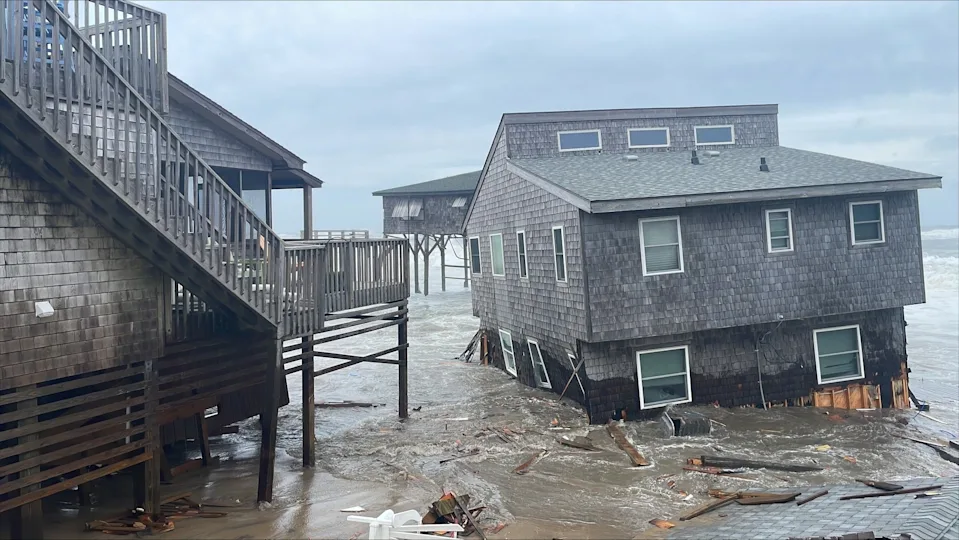
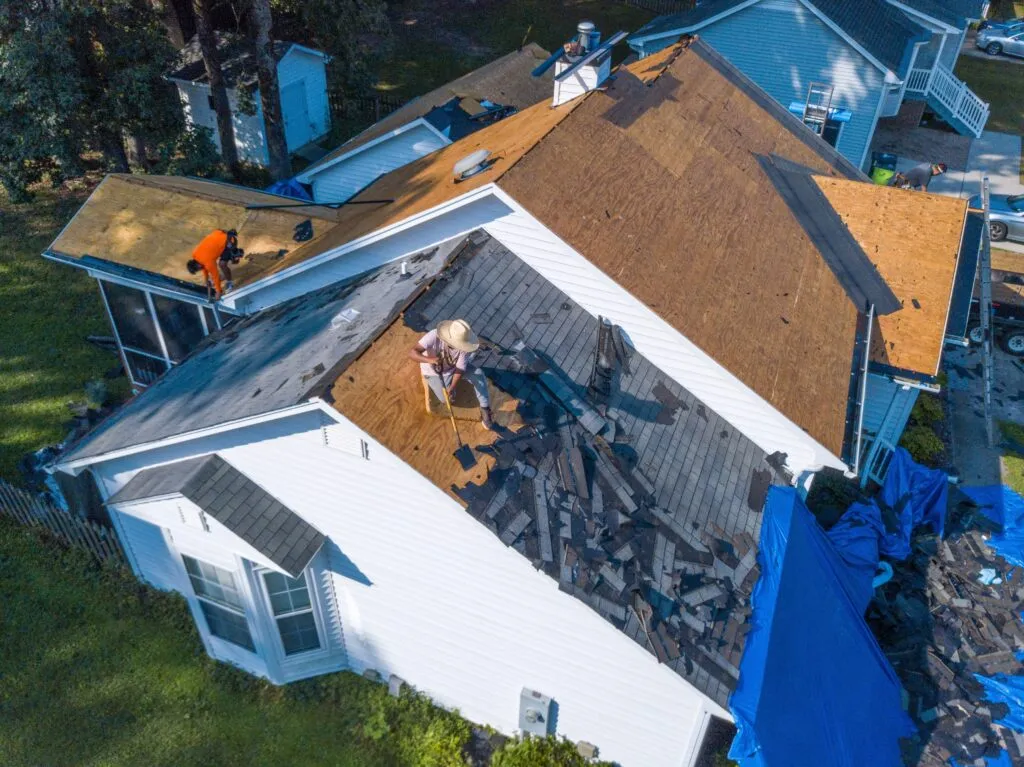

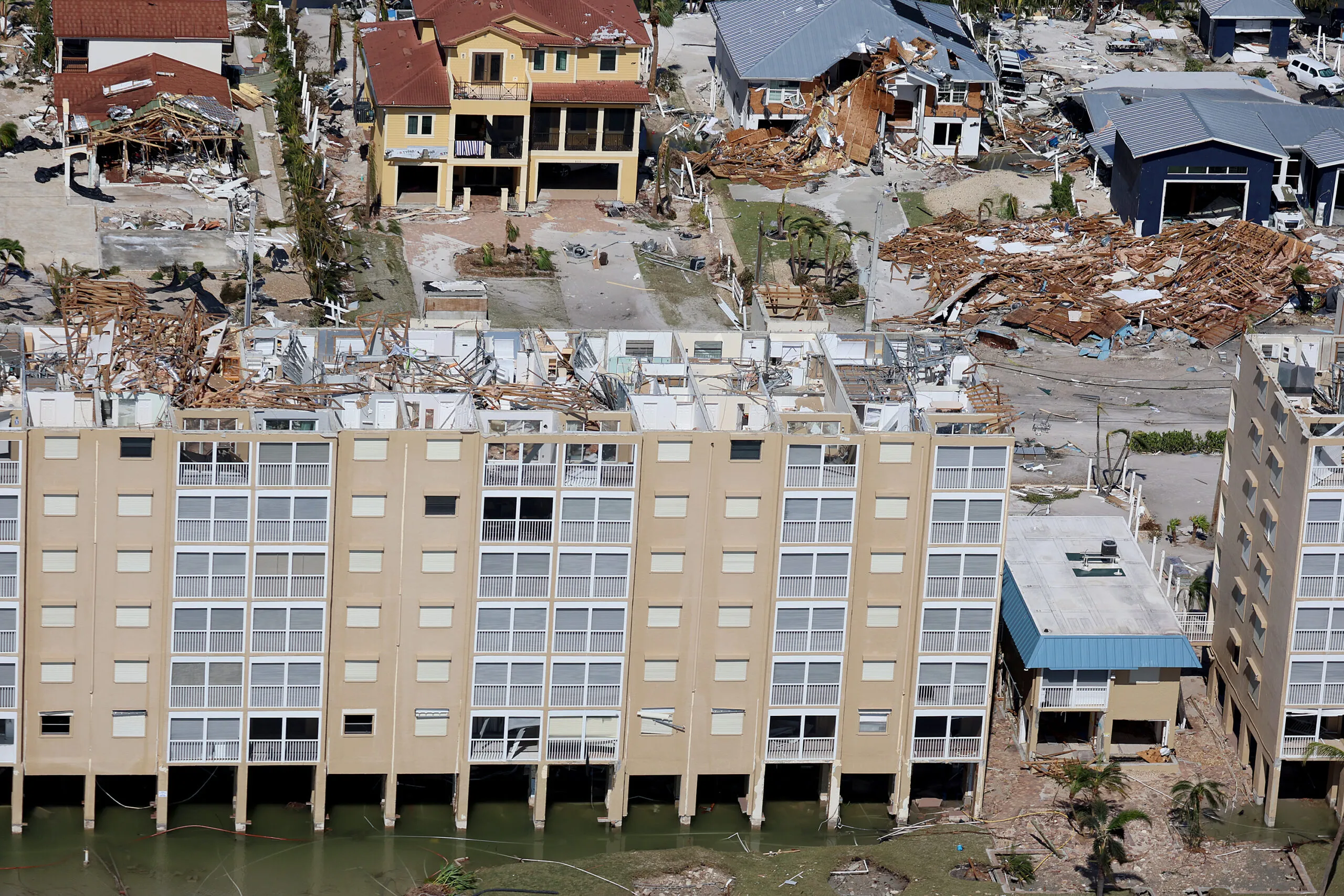
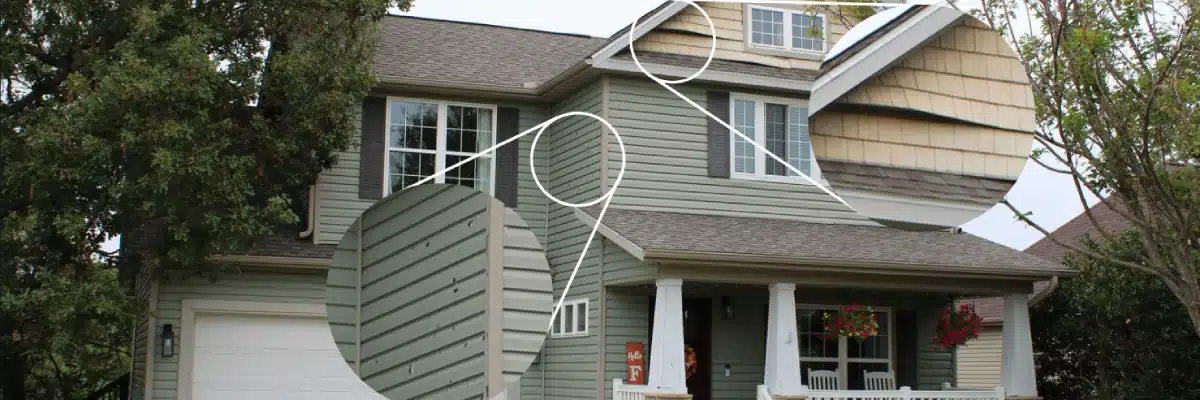
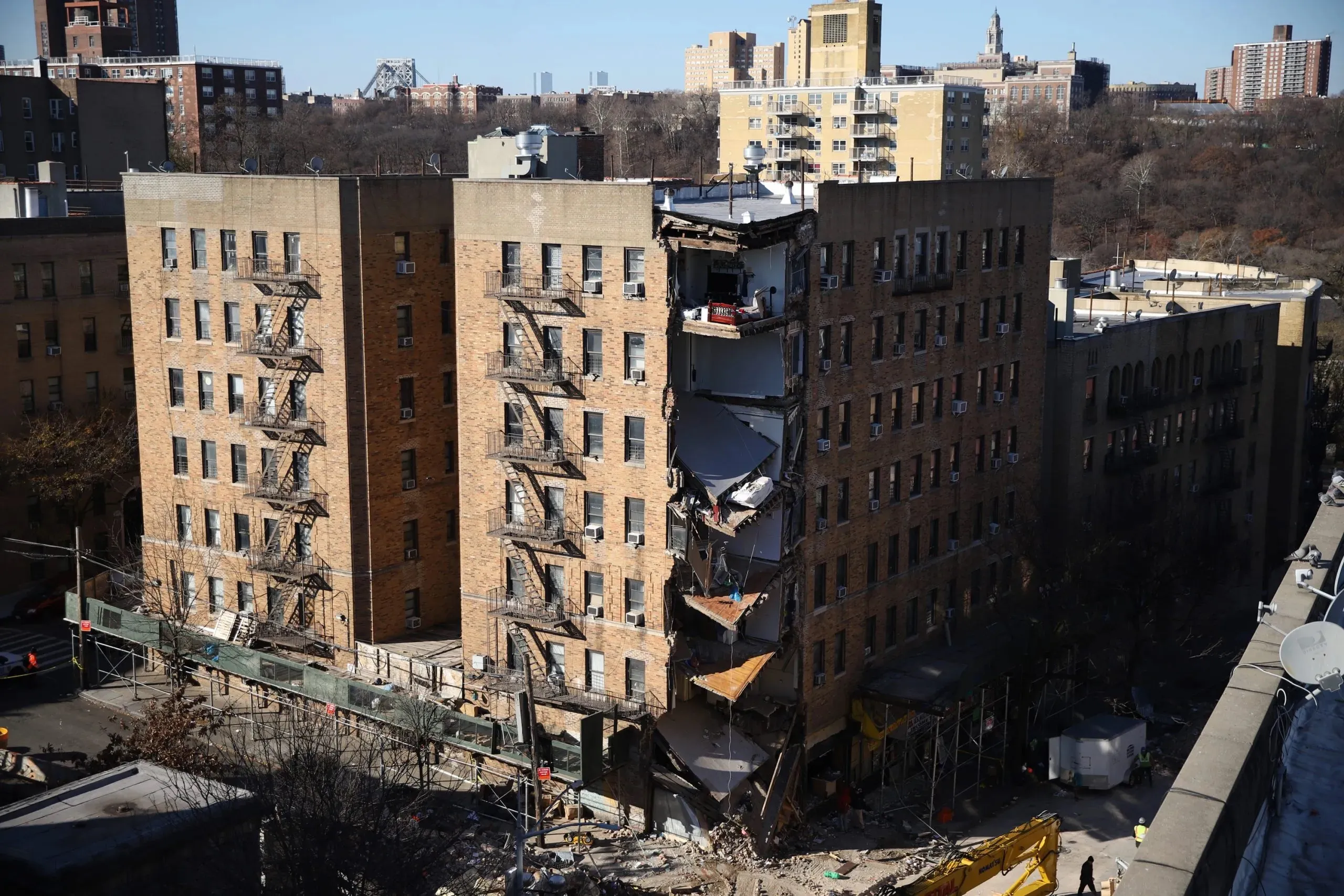
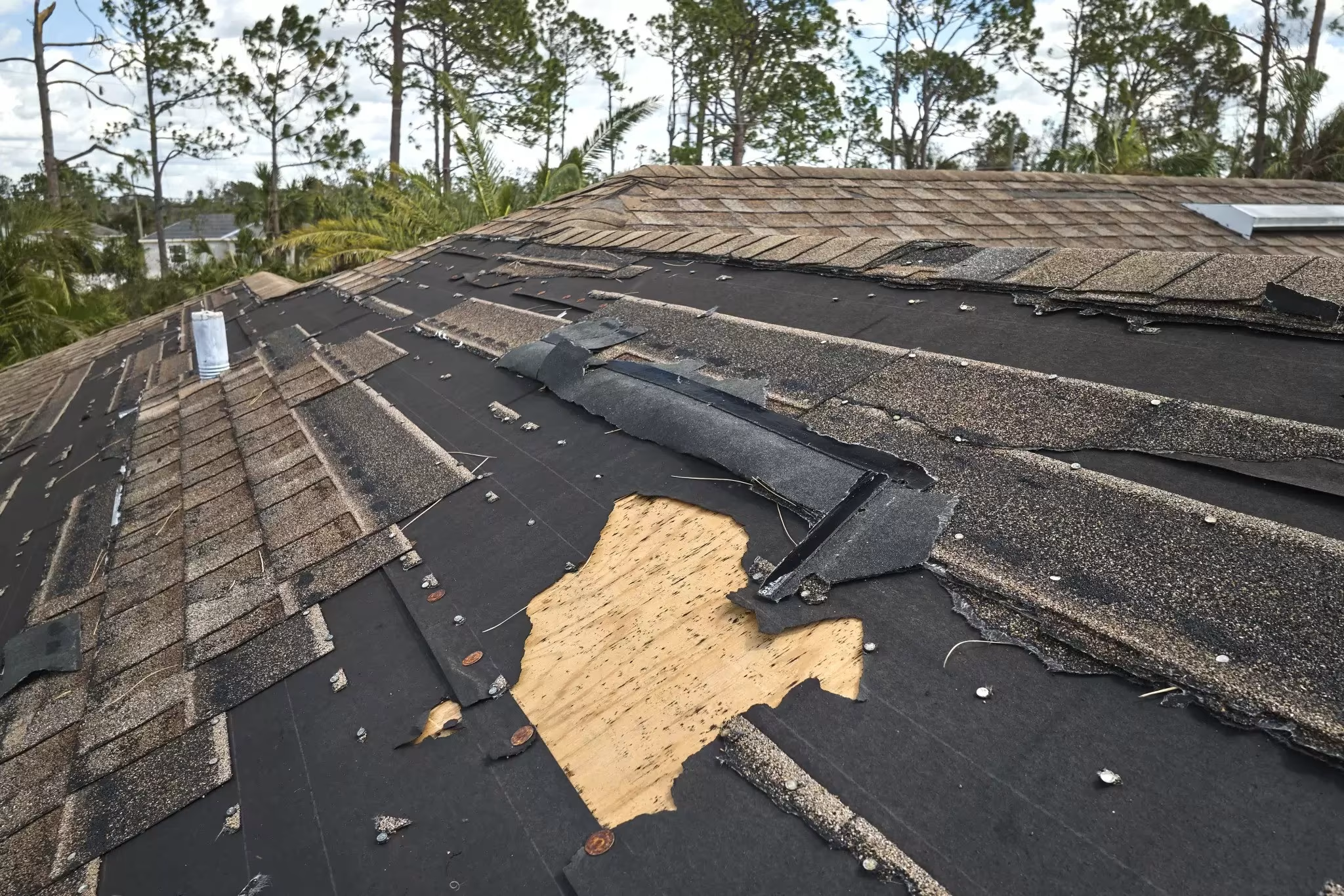
.svg)